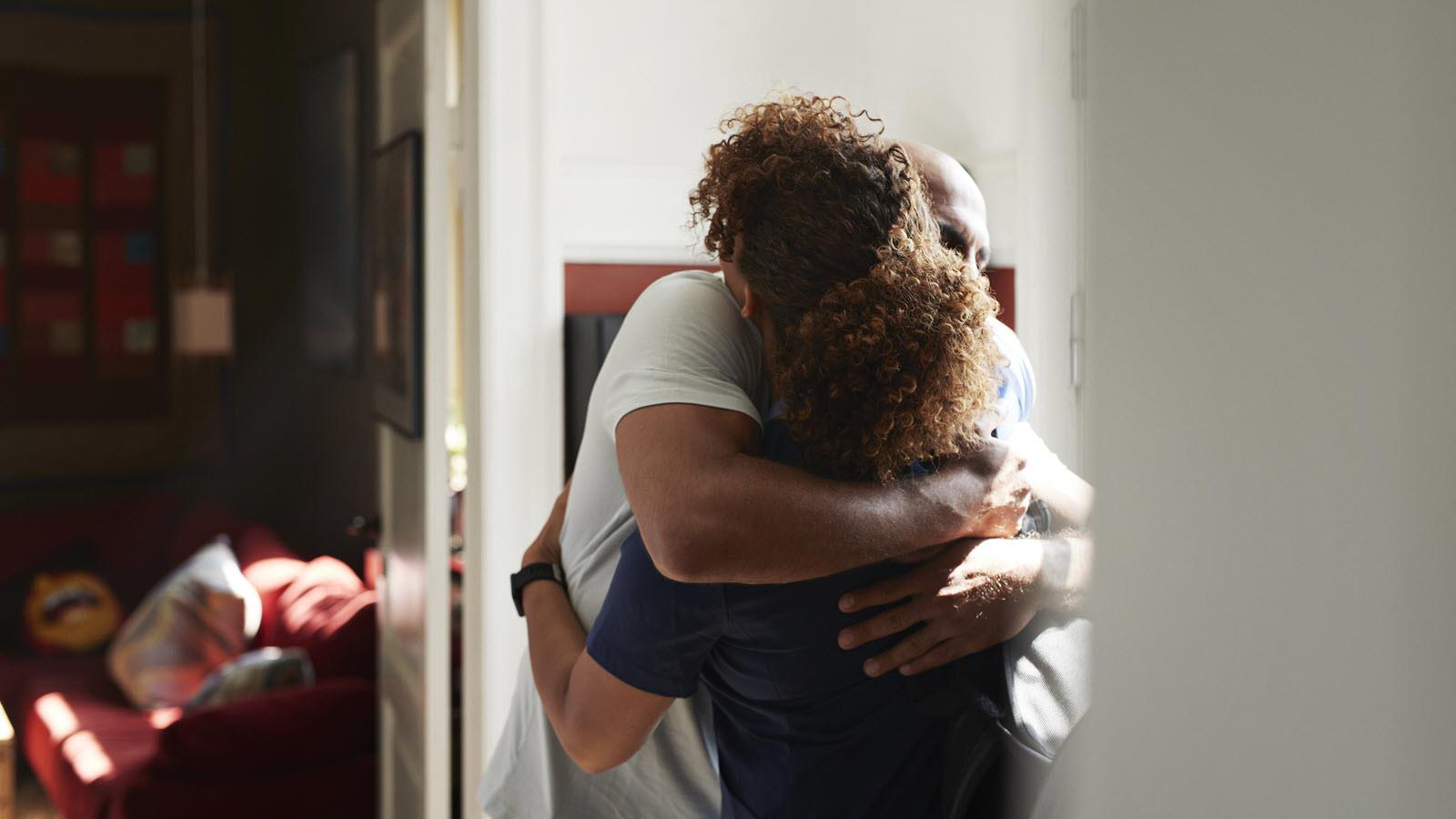Any loving, committed relationship requires maintenance, but we don’t always have the tools to do it.
You probably know about basic strategies, like scheduling regular date nights, but what happens when a rare condition like hemophilia B gets thrown into the mix? If you’re part of a couple, coping with a rare disease means first understanding what it is and then practicing the skills of effective communication and collaborative decision-making.
That’s why CSL Behring and the Coalition for Hemophilia B are offering “In This Together,” a relationship-strengthening retreat for partners coping with hemophilia B, a bleeding disorder that can require regular maintenance and may be life-threatening if untreated.
The event, from September 28 to October 1, will include interactive workshops led by experts and long-term couple mentors in the hemophilia community. Attendees will have an opportunity to gain a deeper understanding of all aspects of hemophilia B, its treatment and how the condition can impact a relationship.
Register your interest today. The retreat’s location will be announced soon.
Partners who manage the ups and downs of a rare or serious disease face a unique set of challenges, said Jodi Taub, LCSW, a private practice psychotherapist.
“Facing a health struggle together can deepen your bond with a partner, but it also can overwhelm someone who was not expecting to serve a caregiving role,” Taub recently wrote in an article about relationships.
Taub, who is also a primary immunodeficiency patient, said couples can better succeed if they prepare in advance for difficult times, like when a partner’s illness flares up. One way to strengthen a relationship is to learn about different communication styles so that partners will make good decisions together, equipping them well to weather any storms they encounter.
In the end, both the patient and the healthier partner can reap the benefits, Taub said.
“Research has shown that patients who have supportive care partners have improved physical and mental health outcomes and feel more satisfied with their lives. Fortunately, the benefits of these long-lasting, committed partnerships can flow in both directions,” she said.



